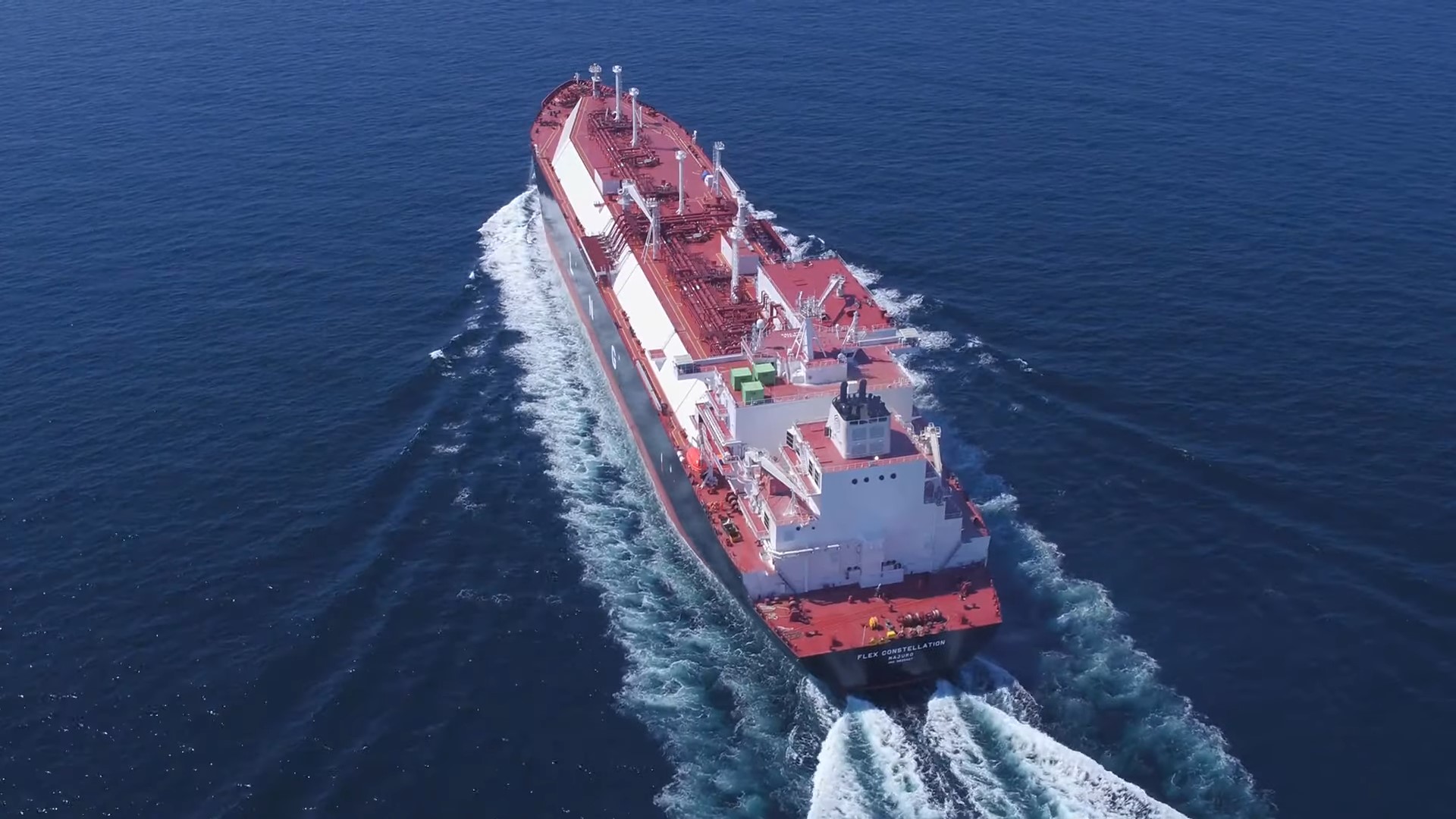This story requires a subscription
This includes a single user license.
Flex LNG said on Friday the charter will start during the first or second quarter of 2026 with maturity in 2041.
The deal also includes an extension option for the charterer until 2043.
Flex LNG said the 174,000-cbm LNG carrier is currently on a 10-month charter with a large Asian utility and asset-backed LNG trader until the end of the first quarter of 2025.
According to Flex LNG, the current charterer is a subsidiary of the new charterer.
VesselsValue data suggests that Jera Global Markets is the current charterer of Flex Constellation.
Jera Global Markets is a joint venture of Japan’s Jera (66.7 percent) and France’s EDF (33.3 percent).
Earlier this month, Flex LNG said that the existing charterer of Flex Constellation did not exercise its one-year extension option.
Hence, Flex Constellation will be open for trading spot and/or short-term TC from the end of the first quarter 2025 for a period of about 12 months before starting this new 15-year contract.
64 years of firm backlog
“We really much appreciate returning customer who appreciate the service and quality level that Flex LNG delivers,” CEO Øystein Kalleklev said.
“With this time charter, we further increase our backlog and earnings visibility with a charter rate for the new period in line with the existing charter rate for the vessel,” he said.
Following this deal, Flex LNG has in total 64 years of firm backlog which may increase to 98 years in the event charterers utilize all their extension options.
“Consequently, Flex LNG is very well positioned to navigate near-term market weakness with 11.2 out of our 13 ships on firm time charter for the next year at an average time charter rate of close to $80,000 per day,” Kalleklev said.
Additionally, Flex LNG also has one ship on variable hire until minimum the the third quarter of 2025, but where the charterer has the option to extend this variable hire to 2030.
“Hence, close to 90 percent of our income days for 2025 is already covered with backlog stretching all the way into 2041,” Kalleklev said.

